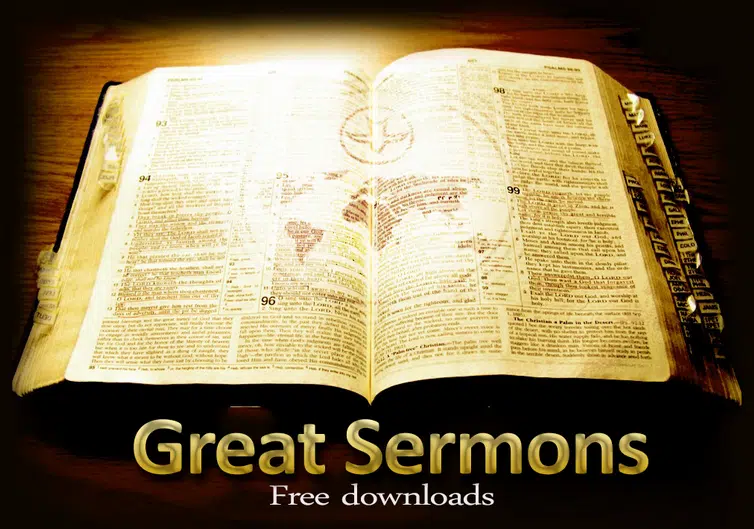Sermons can be classified into several general types, including textual, topical, textual-topical, expository, pastoral, and narrative. However, it is worth noting that these labels may not always have distinct boundaries, as there is often overlap between the different styles. Here is a brief description of each type:
- Textual: Textual sermons focus primarily on a specific biblical passage, exploring its meaning, context, and application. The main emphasis is on understanding and expounding upon the selected text.
- Topical Sermons: Topical sermons address specific subjects or themes relevant to the congregation or current societal issues. The preacher may draw upon various biblical passages to provide guidance and insight on the chosen topic.
- Textual-Topical Sermons: This type combines elements of both textual and topical sermons. The preacher selects a specific passage as the primary foundation but also incorporates related topics or themes to provide a broader perspective.
- Expository Sermons: Expository sermons involve a systematic and comprehensive study of a particular book or section of the Bible. The preacher aims to unfold the meaning, context, and teachings of the chosen portion, often moving sequentially through the text.
- Pastoral Sermons: Pastoral sermons focus on the needs, challenges, and spiritual growth of the congregation. The preacher provides encouragement, guidance, and practical insights to help address specific issues individuals may be facing.
- Narrative Sermons: Narrative sermons emphasize storytelling and the use of narratives, anecdotes, or personal experiences to convey spiritual truths and engage the listeners. The preacher aims to captivate the audience through compelling narratives.
It’s important to recognize that these categories serve as general guidelines, and sermons often incorporate elements from multiple styles to create a unique and effective message.
Many pastors employ a variety of sermon styles, including topical, textual, and expository messages. Topical messages provide a platform to address contemporary societal issues or matters relevant to the church community. On the other hand, textual and expository messages delve into the broader context of entire books in the Bible. In creating your sermon, both approaches play a vital role in nurturing well-rounded growth in the Christian life. While sermon organization is significant, it takes a backseat to the importance of establishing a biblical foundation and ensuring practical applicability. A topical message can be just as rooted in scripture as an expository one and an expository message can be just as captivating as a topical one.
Ultimately, regardless of the type of sermon, its true effectiveness lies in its firm grounding in Scripture and its ability to apply to life through powerful and relevant illustrations. The ultimate aim is to draw people into a closer relationship with Christ.



